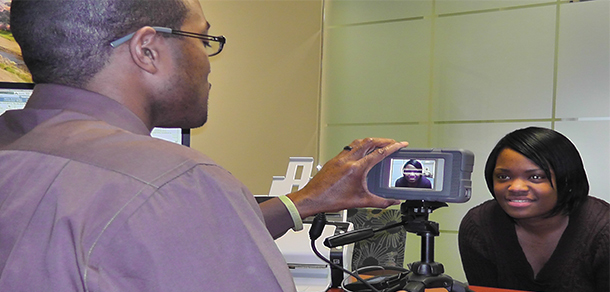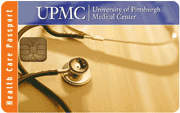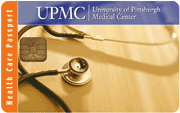Medical Identity Theft Drives Biometrics In Health Care
24 July, 2015
category: Biometrics, Corporate, Digital ID, Health
Hospitals and health care organizations across the country are starting to rollout biometric technology to identify patients, reduce identity theft problems and solve the problem of duplicate medical records.
A study by the Ponemon Institute 2013 found that nearly 2 million Americans had become victims of medical identity theft. Medical identity theft is defined as someone using another individual’s identity to fraudulently receive medical services, obtain prescription drugs or commit fraudulent billing.
Only 11% of victims said they had completely resolved the problems stemming from having their medical identities stolen. Consequences include loss of money, higher insurance premiums, lost medical coverage and lower credit scores. The report estimated the economic impact in the United States at more than $41 billion a year. The estimated cost included money and time spent dealing with reported incidents.
In the continual push to curb fraud and protect personal information, biometrics has emerged as a sound option for identfying and authenticating both patients and health care workers.
Novantis Health in North Carolina and Ohio-based Holzer Health System have taken very different approaches to revamping patient security, though each relies on biometrics at the core.
A multi-modal approach
M2Sys Technology is capitalizing on the opportunity with its RightPatient identity management and data integrity platform. The platform links a patient’s biometric data to their medical records for instant retrieval and enables the patient’s identity to be quickly confirmed when interacting with a health care provider.
It also helps prevent the duplication of files and the overlay of medical records – a common problem in which a patient’s clinical information is accidentally overlaid or placed onto the wrong patient record.
“We support fingerprint, finger vein, palm vein, iris, facial recognition,” says Michael Trader, president and cofounder of M2Sys Technology. “The system helps to eliminate medical identity theft and enables caregivers to accurately access a patient’s complete medical history.”
Trader says patients don’t seem too skittish about getting an iris scan or giving a fingerprint once they understand it’s being used for highly accurate authentication, protection from identity theft and quick retrieval of medical history.
Hospitals adopting the RightPatient system cite patient safety, better record keeping and fraud reduction as the top reasons for making the change.
“Hospitals have ‘frequent flyers’ that come through the facilities and use different aliases to gain access to prescription drugs,” Trader says. “Once you’re enrolled in the system, it is impossible to utilize someone else’s identity from that point forward. We actually perform a real-time, one-to-many biometric search during the patient enrollment process, so if you’ve been enrolled previously, we catch it right then and there.”




